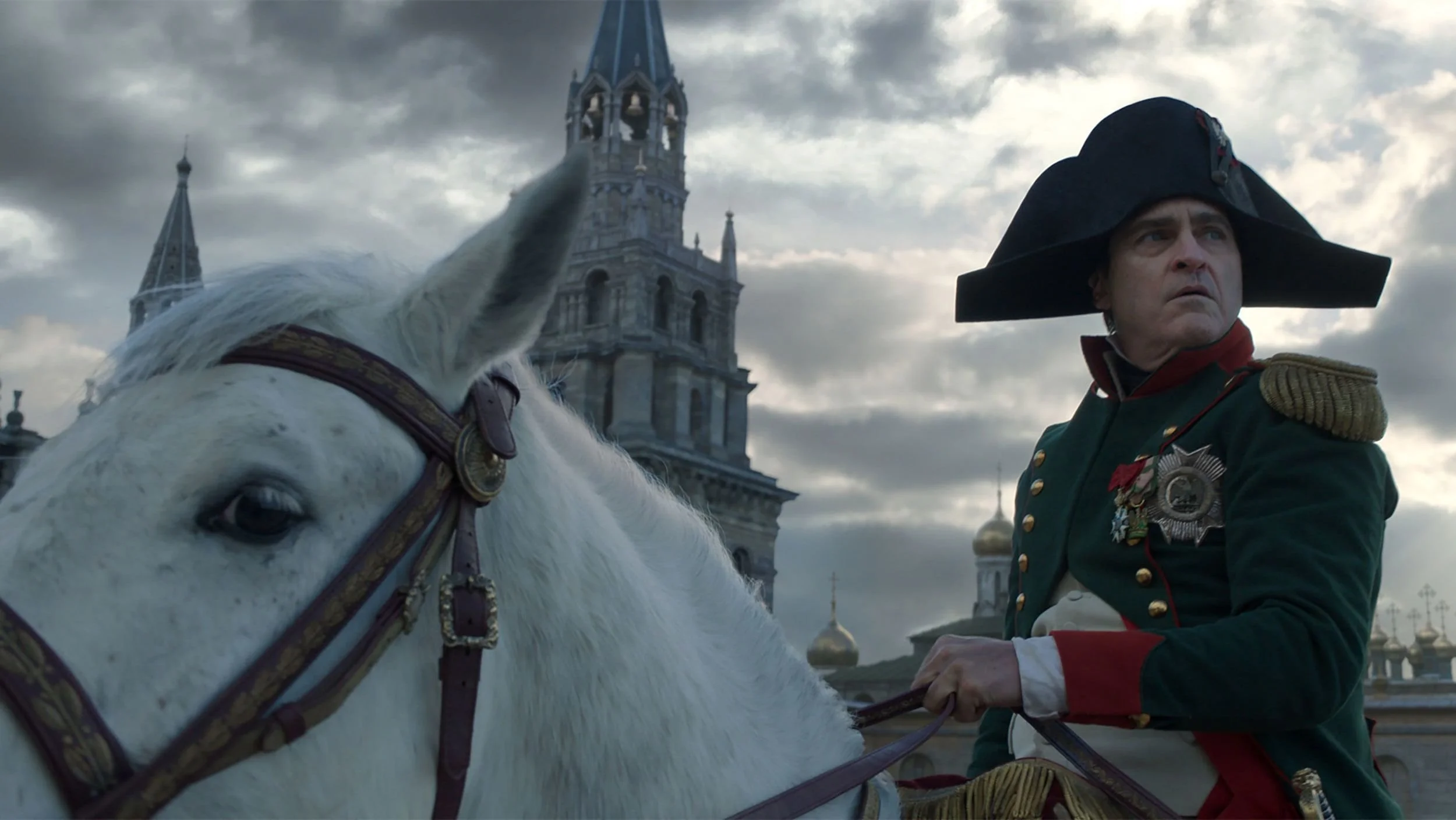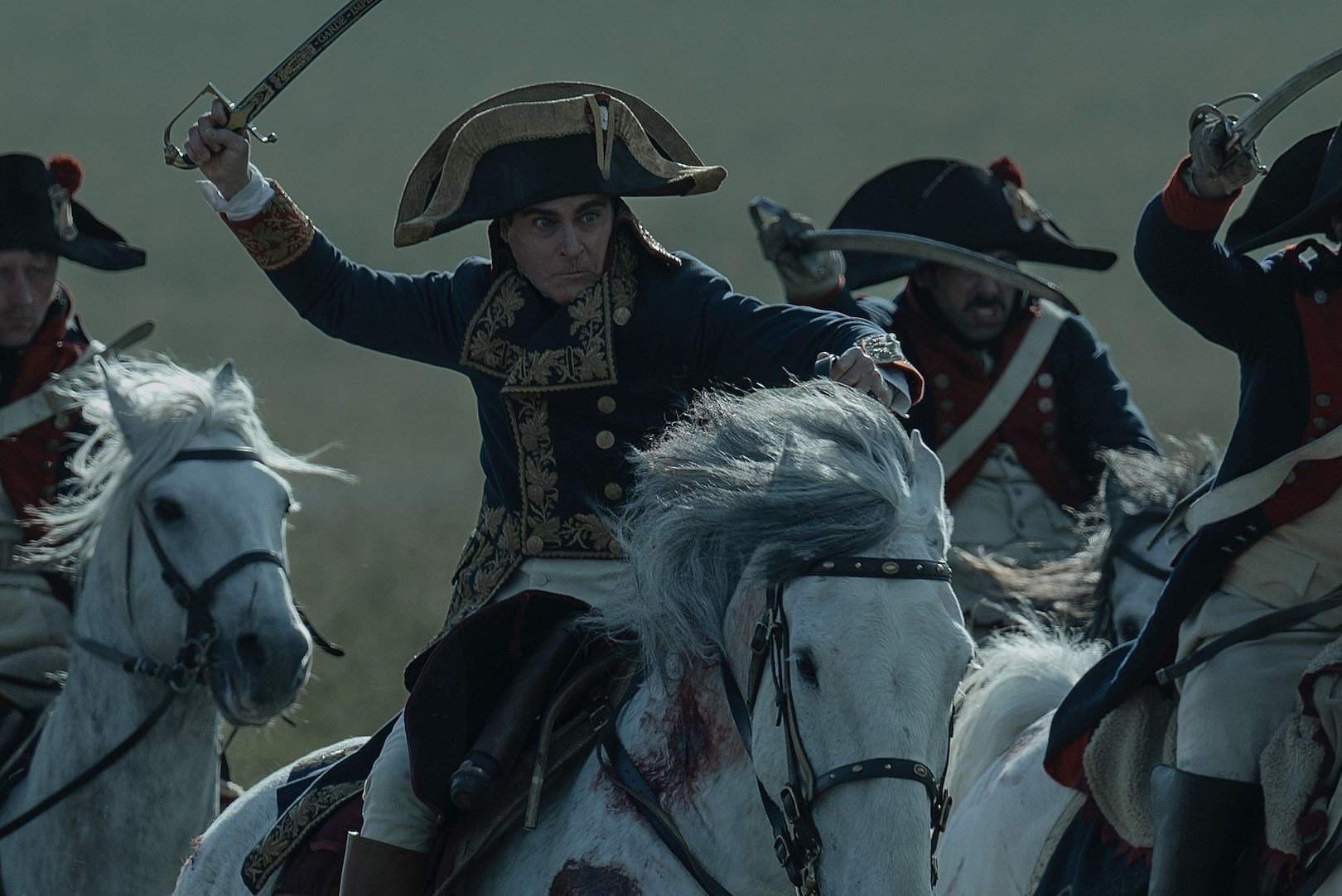Napoleon The Great? Reflections On The Emperor
The Lover? The Warrior? The Reformer? How can we not give a mention to the man who, despite not being called ‘the Great’, gave his name to an entire era?
With Joaquin Phoenix’s most anticipated release since The Joker in 2019, Napoleon is sure to stir up some conversations about the man those caricaturists told us to be frightened off lest the short French tyrant would come to ‘get us’. By ‘us’ I am of course referring to my English-speaking ancestors throughout the eighteenth century.
Just last night I watched the film and have my thoughts on it. This is not a film review however (some thoughts near the end), but I thought it would be worthwhile nonetheless to give at least an article and mention to a man who most know little about pro rata. That is, for a man of historical status and impact such as this funny Corsican, many know so little about the legacy he left.
Did Napoleon really have a complex or was he, as Winston Churchill described,
“The greatest man of action born in Europe since Julius Caesar [...] a military tyrant, a conqueror, a man of order and discipline, a man of mundane ambitions and overwhelming egotism [...] but his grandeur defied misfortune and rises superior even to time.”
We will look at some of the aspects of the man who undoubtedly gave his name to an age, particularly some of his general achievements, his reputation living and dead, and in true Man For Today style, what matters of etiquette and courtly customs Napoleon may or may not have been responsible for.
Napoleon the Man Of Action?
What can we say about Napoleon’s achievements? A lot, as it happens. This is the man who is largely responsible for further creating the glories of Paris that people know and love today; he began the Arc de Triomphe but also made sure the rivers and sewers were given the practical attention they deserved so that a beautiful city may function like one.
This desire to get things done marked much of his early successes and to the benefit of France both immediately and to this day. He reduced inflation from a pre-Napoleonic 10,000% to just 6%. Cutting red tape and revoking absurdities was of paramount importance to his style of reign. He got rid of ludicrous revolutionary ideas engendered in post-Ancien Régime France, such as the ten-day calendar. He also quashed the supreme cults of personality as well as the mass guillotining and reign of terror that lived on from the revolution.
Not least, the man survived thirty assassination attempts in his lifetime, talk about lucky. He was no doubt a dictator but not exactly a tyrant.
Putting one’s right hand in one’s jacket was a sign of honesty and decency.
Napoleon the War Lord?
Well, not really. He started two wars versus the seven that were declared on him. However, we shouldn't be too surprised since he planned on expanding his empire, which would inevitably one day include Britain. The idea that he set out to conquer the world purely because of his short stature and personal oddities is also a product of propaganda. Napoleon was perfectly average height for his time (5ft 6).
How many deaths he is responsible for is still up for debate by historians. The failed invasion of Russia was no doubt his biggest and wasteful blunder thanks to a series of mistakes upon mistakes. Having said that, did Alexander win every battle? No, yet we still refer to Alexander as ‘the Great’.
Napoleon never in fact rode in with the Cavalry.
Napoleon the Romantic?
What can we say about the domain of etiquette and other courtly rituals in manners under the rule of Napoleon?
We know he liked his women dirty. We don't know that for sure actually, but the shock value and partial evidence make it worthwhile to mention insofar as we are talking about the legendary sexual etiquette of France and her leaders. Historian Andrew Roberts also suggests this to be true.
Supposedly, in a letter to Empress Josephine (who didn’t really love him), the Emporer wrote,
“Ne te lave pas, j’accours et dans huit jours je suis là.”
English: “Do not wash yourself, I am coming and in eight days I will be here.”
The Court of Napoleon
Despite holding strong to the ideals of the revolution, Napoleon was no fool. He understood the wickedness, stupidity, and chaos of earlier governments. He also had great foresight, he said families and monarchs of the Ancien Régime simply failed to communicate to the public why they were necessary, it was not principle that led to their demise, but lack of a strong media campaign.
About etiquette and customs, Napoleon did his best to maintain most of the trappings and habits of the Old World order. After becoming First Consul in 1799, he moved to Tuileries Palace and obsessed with giving the government an ancient character. He reintroduced hierarchy and ceremony in a nation that valued equality. Initiated regular receptions, parades, and events for ambassadors, senators, generals, and so on. Every two weeks, a grand troop parade took place. He became meticulous about guest lists, restricting Josephine's guests to specific individuals (no wonder why).
When it came to formalising court etiquette, he initiated a court schedule, replacing revolutionary titles with "Monsieur" and "Madame." He introduced Sunday court events at Château of Saint-Cloud.
Napoleon understood that to live a long and prosperous life favoured by the people, you had to be on the same level as other crowns in Europe who derived their legitimacy from Royal blood. Modernising and embracing various traditions and formalities to his own ends was part of that political strategy. Frédéric Masson points this out in Napoleon at Home when he notes,
“His aim was not so much to surpass in splendour the kings who preceded him and the sovereigns who were his contemporaries; it was especially to restore to the embodiment of authority all the splendour with which it was surrounded before the Revolution...”
Napoleon, the Film
I thoroughly enjoyed the film purely for its entertainment value. For its historical value? Less so, naturally, but devoting two hours and thirty-eight minutes of modern blockbuster cinematography to Napoleon (only thirty-eight minutes of which are deemed accurate according to Andrew Roberts) was an absolute pleasure.
I thought too much emphasis was placed on the relationship with Josephine as opposed to Napoleon’s grand and political genius at home. We practically see none of the changes and achievements that he implemented to make modern-day Paris what it is today.
Needless to say as an Englishman, watching Arthur Wellesley, 1st Duke of Wellington get the old cane out of the cupboard and give the French a damn good thrashing at Waterloo (sorry if I’ve spoiled the end for you there) was simply remarkable, but not nearly remarkable as the true Napoleon himself – the man who should be called Great. He deserves this title, and if he doesn’t get it, then fine. He doesn’t need it, he had an entire era named after him.






